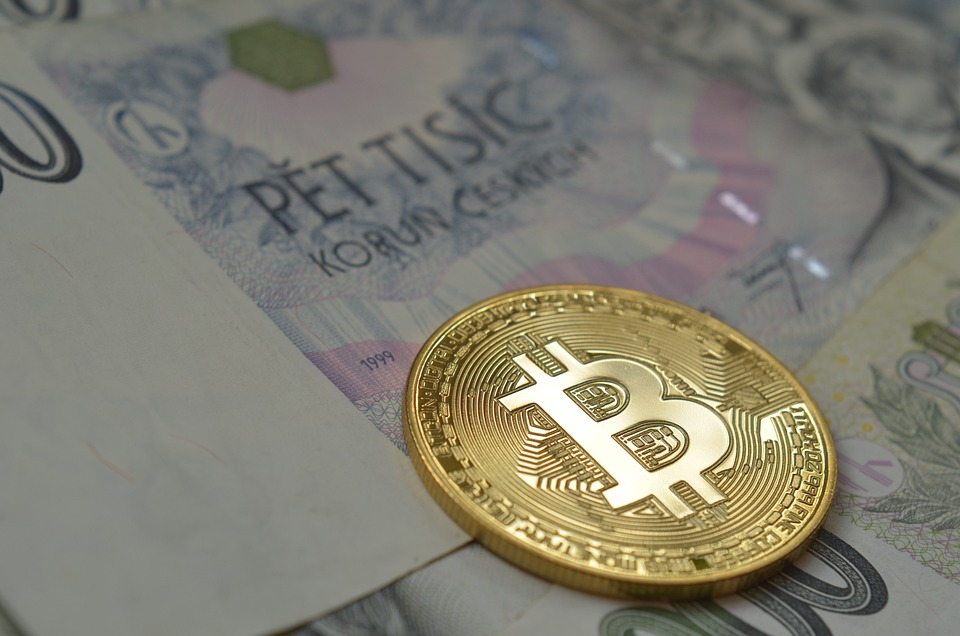Bitcoin’s Dance with Regulation: Latest News and Its Impact on Prices
As Bitcoin continues to solidify its presence as a significant player in the global financial landscape, the scrutiny from regulators worldwide escalates. The relationship between Bitcoin and regulatory institutions is akin to a dance—sometimes fluid and harmonious, other times disjointed and tense. In recent months, several key regulatory developments have emerged, influencing market sentiment and price volatility for Bitcoin. This article delves into the latest news regarding Bitcoin regulation and its subsequent effects on prices.
The Regulatory Landscape: A Global Overview
The regulation of cryptocurrencies varies widely across jurisdictions, with some countries embracing digital assets and others imposing stringent restrictions. In the U.S., regulatory agencies like the Securities and Exchange Commission (SEC) and the Commodity Futures Trading Commission (CFTC) have taken center stage. Recently, the SEC has ramped up its scrutiny of cryptocurrency exchanges and wallet providers, raising alarms about compliance with securities laws.
Across the Atlantic, the European Union is finalizing the Markets in Crypto-Assets Regulation (MiCA), aimed at providing a comprehensive framework for crypto assets across member states. This regulatory clarity is anticipated to foster innovation while enhancing consumer protection.
Meanwhile, in Asia, countries like China have maintained a firm stance against cryptocurrencies, with crackdowns on mining and trading. On the other hand, nations like Singapore are leaning toward a more progressive approach, aiming to become a crypto hub with transparent regulatory measures.
Recent Developments
-
U.S. SEC Lawsuits: Recently, the SEC launched lawsuits against prominent crypto exchanges, alleging that they operated unregistered securities. This move has triggered widespread concerns about the future of crypto assets, leading to rapid sell-offs.
-
Spot Bitcoin ETFs: The march toward the approval of Spot Bitcoin Exchange-Traded Funds (ETFs) has seen renewed interest. A decision by the SEC on recently submitted applications is eagerly awaited by investors and institutions alike. The approval of a Spot Bitcoin ETF could provide a significant boost to institutional investment, further legitimizing Bitcoin in mainstream finance.
- Global Regulatory Initiatives: In addition to the ongoing work on MiCA in Europe, the Financial Stability Board (FSB) is exploring a global regulatory framework to manage risks posed by cryptocurrencies. This global coordination could lead to more standardized regulations, impacting how Bitcoin is treated on the world stage.
Impact on Prices
The intricate dance of Bitcoin with regulatory bodies often results in fluctuations in market pricing. Historically, news related to regulations has been a double-edged sword:
-
Positive Sentiment: Announcements that favor regulation, such as the potential approval of Bitcoin ETFs, often lead to bullish trends. For instance, after initial optimism surrounding an ETF approval in late 2023, Bitcoin’s price surged, reflecting increased institutional interest and investor confidence.
- Negative Sentiment: Conversely, any hints of crackdowns or stringent regulations can lead to immediate sell-offs. Following the SEC’s lawsuits, Bitcoin saw a notable decline in price, emphasizing the market’s sensitivity to regulatory news.
Investor Sentiment
The continuous ebb and flow between regulatory news and market prices has cultivated a complex environment for investors. Many are adopting a "wait and see" strategy, driven by the understanding that regulation can have a profound impact on the cryptocurrency market.
Retail investors are keenly aware that regulatory clarity might serve to legitimize Bitcoin, potentially leading to a new wave of adoption. Conversely, fears surrounding potential restrictions can lead to temporary panic, often resulting in reactive trading patterns.
Conclusion
Bitcoin’s relationship with regulation remains as complex as the asset itself. As the global regulatory environment grows more defined, the impact on Bitcoin prices will continue to be shaped by public sentiment and institutional responses. For investors, understanding the nuances of this dance is crucial to navigating the volatile landscape of digital assets. As we move further into 2024, stakeholders will undoubtedly keep a close eye on regulatory developments, ready to adapt to the rhythms of this evolving market. The future of Bitcoin indeed hinges on the delicate balance between innovation and regulation, and investors will have to stay informed and agile in this ever-changing dance.


